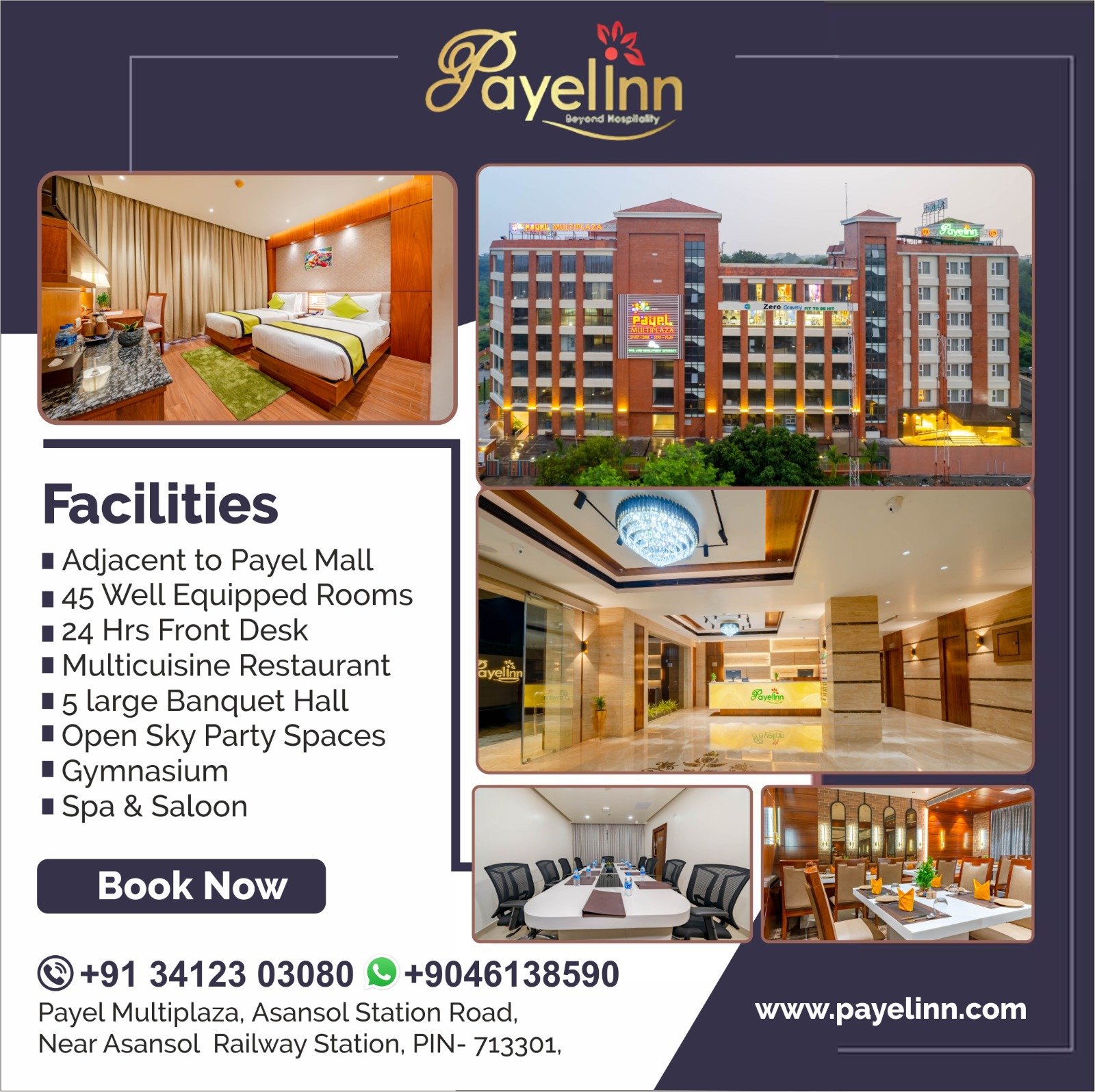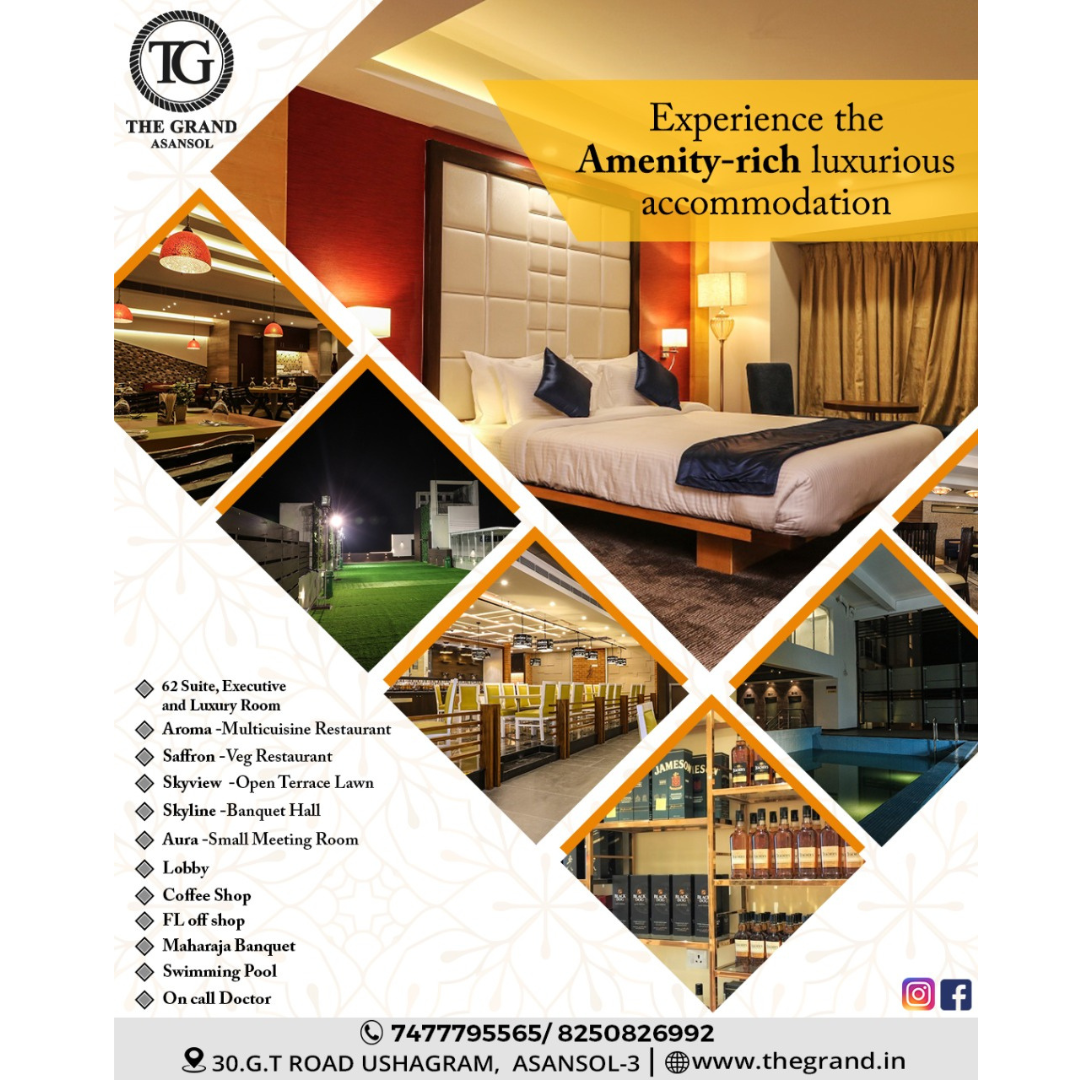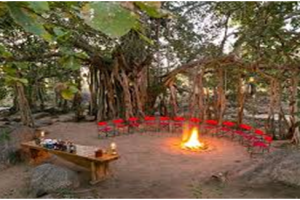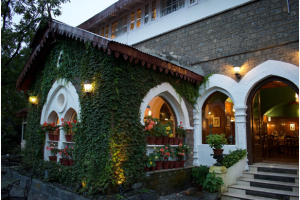
BY HANINDER SACHDEVA,
CEO,
EIGHT CONTINENTS HOTELS & RESORTS
LONDON | 28 APRIL 2025
In an age where travelers are no longer content with just clean sheets, good service, and picturesque views, the hospitality industry is experiencing a shift—a movement from transactional stays to transformative journeys. This evolution has given rise to a new genre of travel accommodation: Emotique Hotels—an emerging breed of experiential luxury spaces that cater to the heart as much as the head.
These are not just hotels. They are theatres of emotion, sanctuaries of connection, and catalysts of memory. At the core of their philosophy lies an understanding that emotionally curated experiences are what truly set a destination apart in today’s experience-driven economy.
The Rise of Emotional Hospitality:
The hospitality industry has always revolved around service. But in recent years, a new dimension has gained prominence—emotional hospitality. Travelers now seek places that resonate with their personal values, nurture their emotional well-being, and help them connect more deeply with themselves, others, and the locale.
Emotique Hotels are a response to this shift. They don’t just design for aesthetics; they design for affect. From arrival to departure, every interaction is carefully considered to evoke a desired emotional response—be it serenity, nostalgia, wonder, intimacy, or joy.
What Sets Emotique Hotels Apart?
- Narrative-Driven Design
Each Emotique Hotel is built around a story. It could be rooted in local folklore, a historic chapter of the region, or a universal emotion like longing or belonging. This narrative isn’t relegated to brochures or branding; it comes alive through interior design, curated soundscapes, scent experiences, lighting, and even the uniforms of staff.
For instance, a property in the Himalayas might tell the story of spiritual ascension, using silence zones, prayer flags, ritual teas, and contemplative architecture to guide guests on an inward journey. The guest doesn’t just visit the hotel—they feel it.
- Personalized Emotional Mapping:
Emotique Hotels often use a pre-arrival emotional profiling system—subtle, respectful, and consent-based. Through short surveys or conversational AI, they map what guests might be seeking: escape, celebration, healing, creativity, or connection. The insights gathered help design hyper-personalized experiences, such as in-room playlists, bespoke scent diffusers, surprise rituals, or curated reading nooks.
This takes personalization beyond preferred pillow types or dietary restrictions—it ventures into the emotional terrain, offering deep resonance and delight.
- Emotions as Amenities:
At Emotique Hotels, the concept of amenities is reimagined, moving beyond traditional offerings like toiletries and room service. Instead, these hotels provide guests with emotions as features, creating immersive experiences designed to evoke specific feelings. For instance, Tranquility Pods offer a private space for solo introspection, allowing guests to disconnect and recharge. In Memory Curation Studios, visitors can document their travel stories alongside local artists or photographers, capturing their experiences in a deeply personal and artistic way. Meanwhile, Whisper Libraries provide a serene environment where soundscapes and poetry intertwine, evoking feelings of nostalgia or calm as guests
lose themselves in the ambiance. Additionally, Emotion Concierge Services curate personalized mood journeys, such as sunset meditations, silent dinners, or stargazing sessions paired with mythological storytelling. This thoughtful redefinition of service elevates the guest experience, transforming it from mere luxury to a lasting legacy—one that resonates long after departure.
- Empathy-Led Staff Training:
At Emotique Hotels, staff are trained not just in hospitality protocols but in emotional intelligence. They learn to read the room, offer intuitive support, and engage in micro- moments of connection. A knowing smile, a hand-written note, or a quiet gesture of thoughtfulness can transform an ordinary stay into a heartfelt memory.
The Industry Implication: Experience as Differentiator
In a crowded market of boutique, lifestyle, and luxury hotels, the Emotique approach offers a powerful differentiator. It taps into the booming wellness travel and transformational tourism segments—categories projected to grow at over 10% CAGR globally.
Moreover, emotionally satisfying experiences drive higher brand loyalty, better guest reviews, and richer user-generated content on social platforms. These hotels become not just destinations but stories worth sharing.
Forward-thinking hospitality brands and developers are beginning to notice. Investors are increasingly drawn to properties that demonstrate a clear emotional proposition, especially as AI and automation take over basic service layers. The emotional economy, where authenticity, storytelling, and feelings hold commercial value, is now a serious business.
Case in Point: The India Advantage
India is uniquely positioned to lead this movement. With its layered culture, spiritual heritage, and sensory richness, the country offers a fertile canvas for emotion-led hospitality.
Imagine a boutique hotel in Varanasi that immerses guests in the themes of rebirth and renewal, using ancient rituals, boat rides at dawn, and music therapy rooted in Indian ragas.
Or a desert retreat in Rajasthan that explores longing and romance through poetry trails, dune dining, and heirloom cuisine storytelling.
Hospitality brands that tap into these deeply Indian emotional narratives will not only stand out globally but also help elevate India’s soft power in tourism.
The Road Ahead:
As the world grows more digital, distant, and demanding, the need for emotional grounding through travel will only intensify. Hotels that focus on emotional connection over material perfection, and purposeful design over cookie-cutter luxury, will shape the future of hospitality.
Emotique Hotels aren’t just setting a trend—they are redefining what it means to host. Not as service providers, but as memory-makers, emotion alchemists, and story weavers.

Advertisement:






























Add Comment